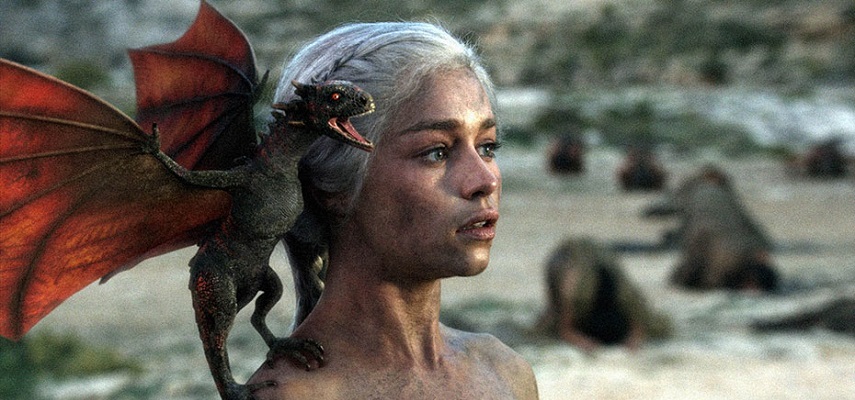Modern competition does not function as a series of isolated initiatives. Instead, companies navigate an environment shaped by overlapping interests, incomplete information and strategic uncertainty. Each decision influences not only customer behaviour but also how competitors adjust their plans. This layered structure is why game theory has become central to strategic thinking. It frames markets as systems where firms respond not only to external conditions but to one another’s intentions.
Rather than viewing rivals as static obstacles, businesses now treat them as active participants whose behaviour must be interpreted. This approach resembles strategic analysis often associated with Corsaza Casino, where outcomes depend on how accurately individuals anticipate changing motivations. In both contexts, the challenge is not simply to design a strategy but to understand the strategic context surrounding it.
Competition Built on Interpretation Rather Than Simple Reaction
Companies rarely treat competitor actions at face value. A price shift might be an attempt to attract customers, but it might just as well be a test to gauge market sensitivity. A new feature could indicate innovation leadership or serve as a defensive move to slow another firm’s momentum. As a result, competitive strategy becomes a study of meaning rather than mechanics.
Game theory offers a structure for this interpretive work. It helps firms identify whether a rival is signaling strength, masking weakness or simply adjusting to changing demand. Understanding these nuances allows companies to plan strategically rather than react impulsively. This interpretive focus mirrors the analytical mindset often associated with Corsaza Casino, where the real advantage lies in understanding underlying intentions rather than visible actions.
The Phase Where Market Clarity Dissolves
Every competitive environment reaches a stretch where early developments lose explanatory power. Trends that once seemed reliable become inconsistent, and the behaviour of rivals no longer aligns neatly with prior assumptions. Firms must operate through this ambiguity while avoiding premature conclusions.
During this transition, companies monitor shifts that appear trivial—altered communication frequencies, shifting emphasis in executive commentary, delayed product moves. These details often reveal more about strategic direction than major announcements. The difficulty lies in determining which signals warrant attention and which do not.
This stage resembles the recalibration required in dynamic environments such as https://corsaza-gr.com, where new conditions demand rapid reinterpretation. In business, firms that interpret such moments wisely often determine the next competitive trajectory.
Strategy Driven by Incomplete Knowledge
A defining condition of competition is that companies never possess a complete picture of their rivals’ internal reasoning. Decisions must be made using partial insights drawn from scattered sources: investor reactions, market tests, subtle technological hints and occasionally silence itself. Because information is uneven, strategy becomes a process of constructing reasonable expectations rather than discovering objective truths.
Game theory underscores that firms base their choices on models of how others think, not on perfect information. A competitor’s vague announcement can shift entire investment timelines. A period of unusual quiet may trigger defensive positioning. Companies behave strategically not because they know, but because they infer.
This reliance on inference parallels reasoning patterns tied to Corsaza Casino, where players adjust based on probabilities and behavioural cues rather than complete certainty.
Collaboration as a Competitive Tool
Although rivalry dominates business narratives, cooperation often shapes long-term market outcomes. Companies may align around shared infrastructure, regulatory goals or foundational research because doing so strengthens the system on which competition relies. Collaboration enables industries to evolve, creating conditions that support more meaningful differentiation later.
Game-theoretic principles explain why firms that compete fiercely can still form alliances. Cooperation emerges when mutual interests outweigh short-term advantages. Once key challenges are resolved, competitive dynamics resume, often with increased intensity because firms can now focus on higher-value distinctions.
Reputation as a Strategic Framework
Firms build reputation through repeated behaviour, and this reputation influences how others interpret their decisions. A company known for steady, thoughtful actions becomes predictable in a way that reduces uncertainty. Partners trust its signals, and competitors can anticipate its moves with greater accuracy. This clarity facilitates strategic coordination.
A firm associated with inconsistency creates the opposite effect. Rivals hedge their decisions, partners hesitate and the broader competitive environment becomes more volatile. Game theory describes reputation as a mechanism for shaping expectations. Predictable firms gain strategic leverage by offering stability in an uncertain landscape.
Innovation Viewed Through the Logic of Anticipation
Innovation is often described as an internal breakthrough, but strategically, it functions as an external signal. Introducing something new reshapes competitor incentives and can redefine the terms of competition. Companies must therefore consider not only whether an idea is feasible but whether the timing aligns with the competitive atmosphere.
Launching too soon may reveal strategic direction before the market is ready. Launching too late may allow rivals to define expectations first. Game theory helps companies evaluate whether conditions are favourable for innovation or whether waiting strengthens long-term positioning.
Startups use this reasoning to exploit moments when established firms hesitate. Larger companies apply it to maintain control without overextending. In both cases, innovation becomes a tool for strategic projection rather than a purely creative act.
Why Game-Theoretic Thinking Will Remain Foundational
As industries integrate through global platforms, AI systems and accelerated communication, companies face competitive conditions defined by mutual influence. A single shift in strategic direction can affect dozens of interconnected systems. Understanding how decisions reverberate through this network becomes essential.
Game theory provides a disciplined way to interpret these interactions, enabling firms to anticipate reactions, identify leverage points and navigate uncertainty with intention rather than instinct. Even as modelling tools advance, the central challenge of decoding strategic behaviour remains human.
In an economy shaped by interdependent choices, game-theoretic reasoning gives companies a map—not of the market as it is, but of how the market behaves when everyone is responding to one another.





























